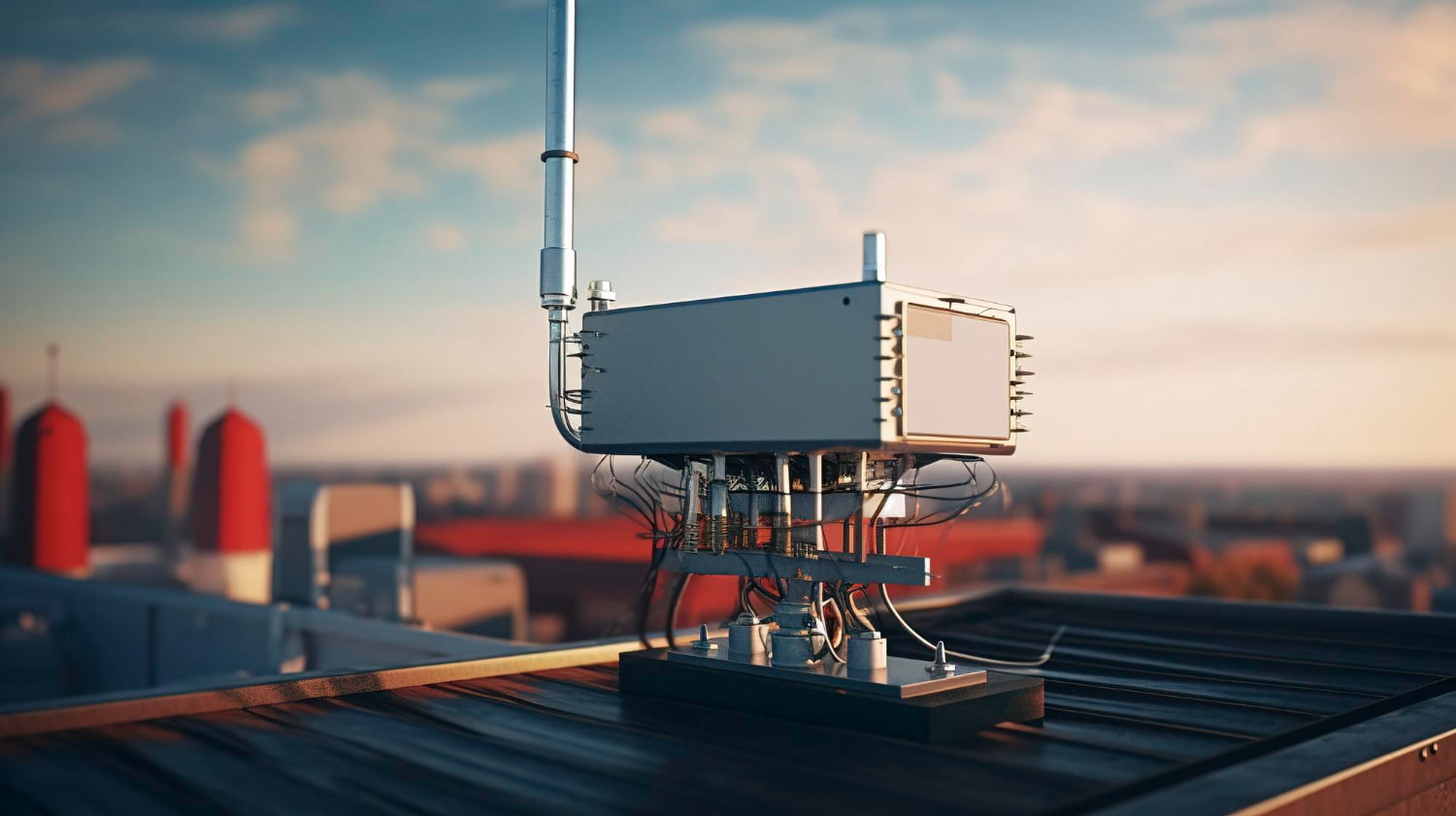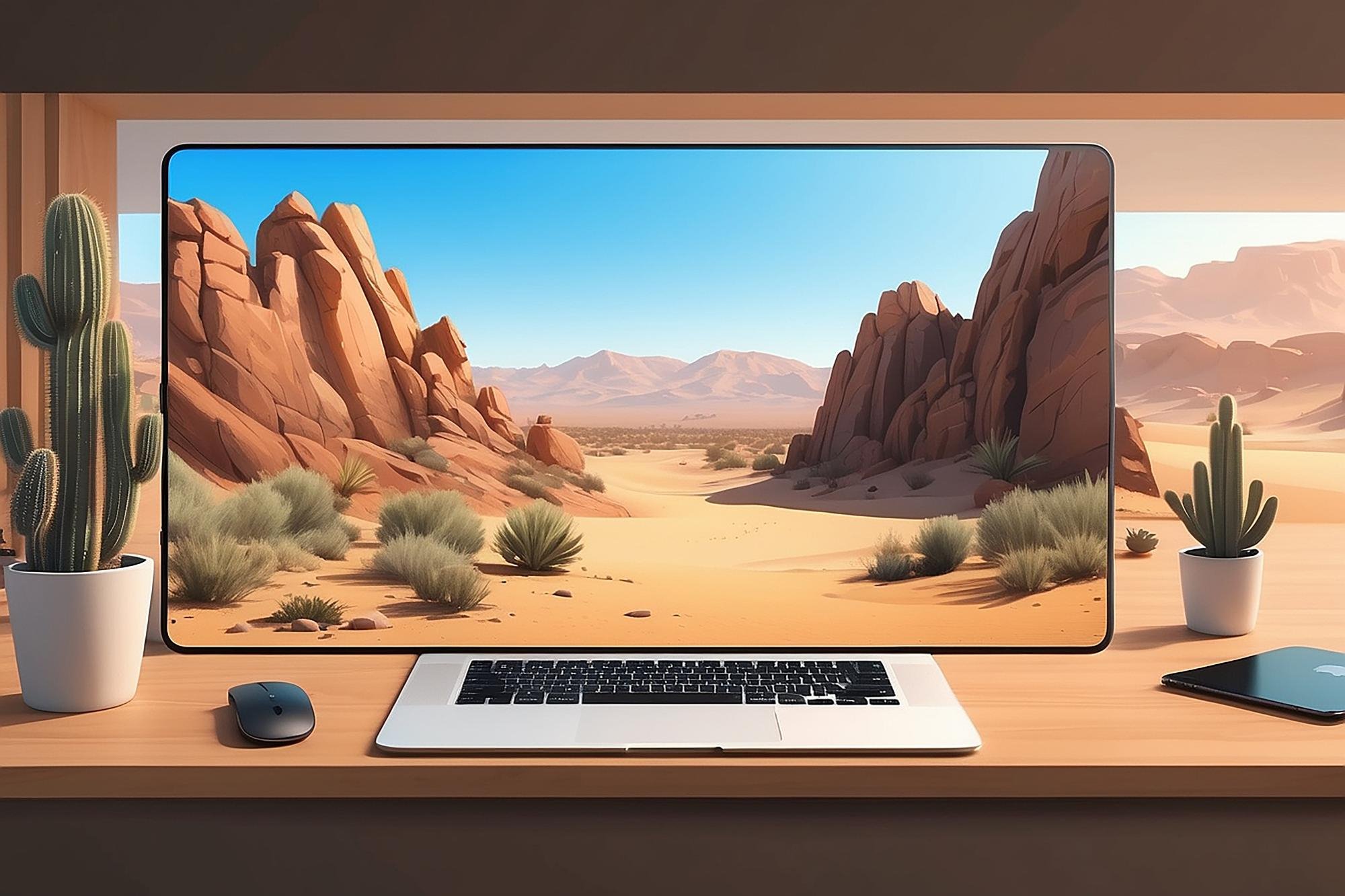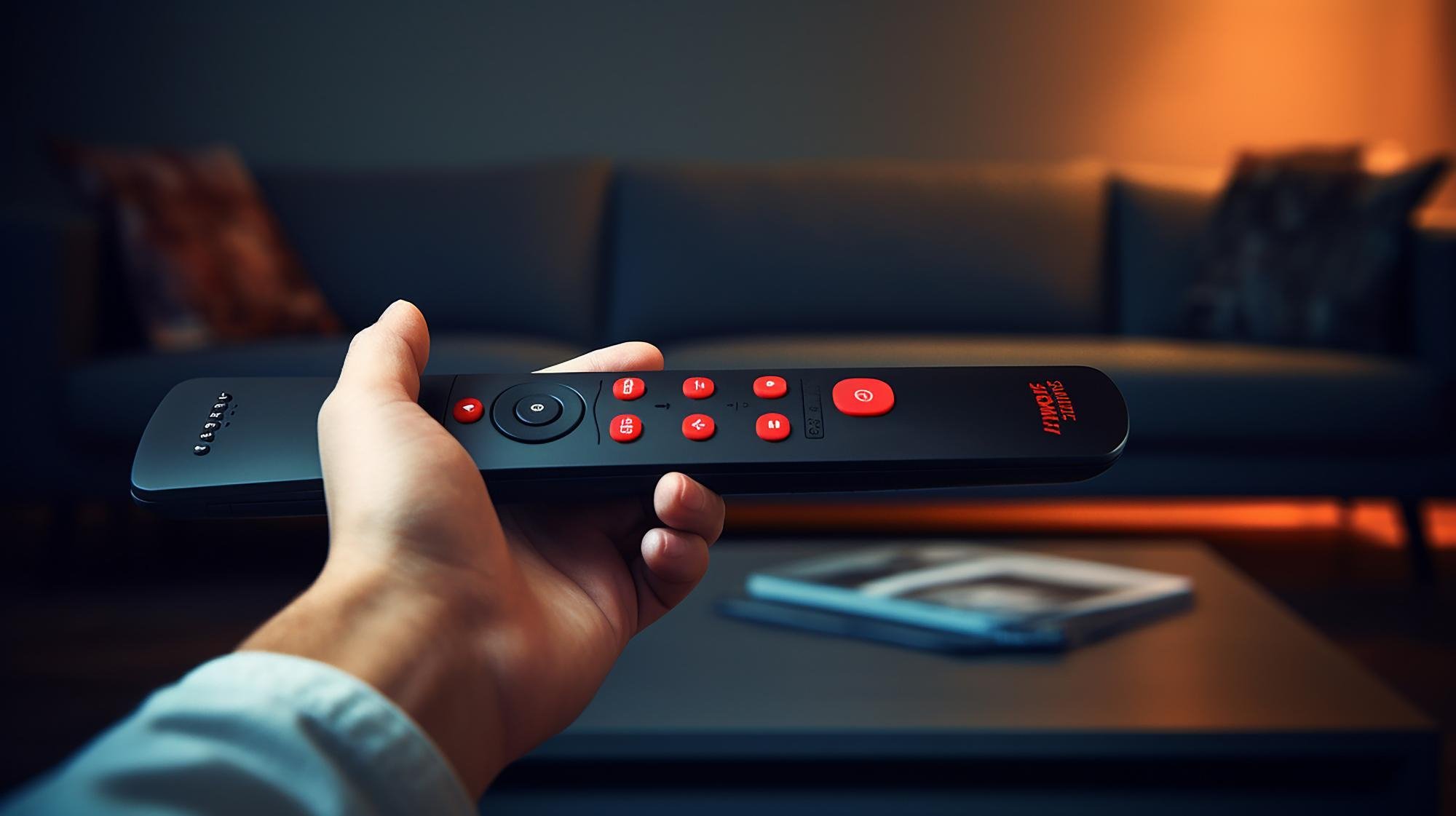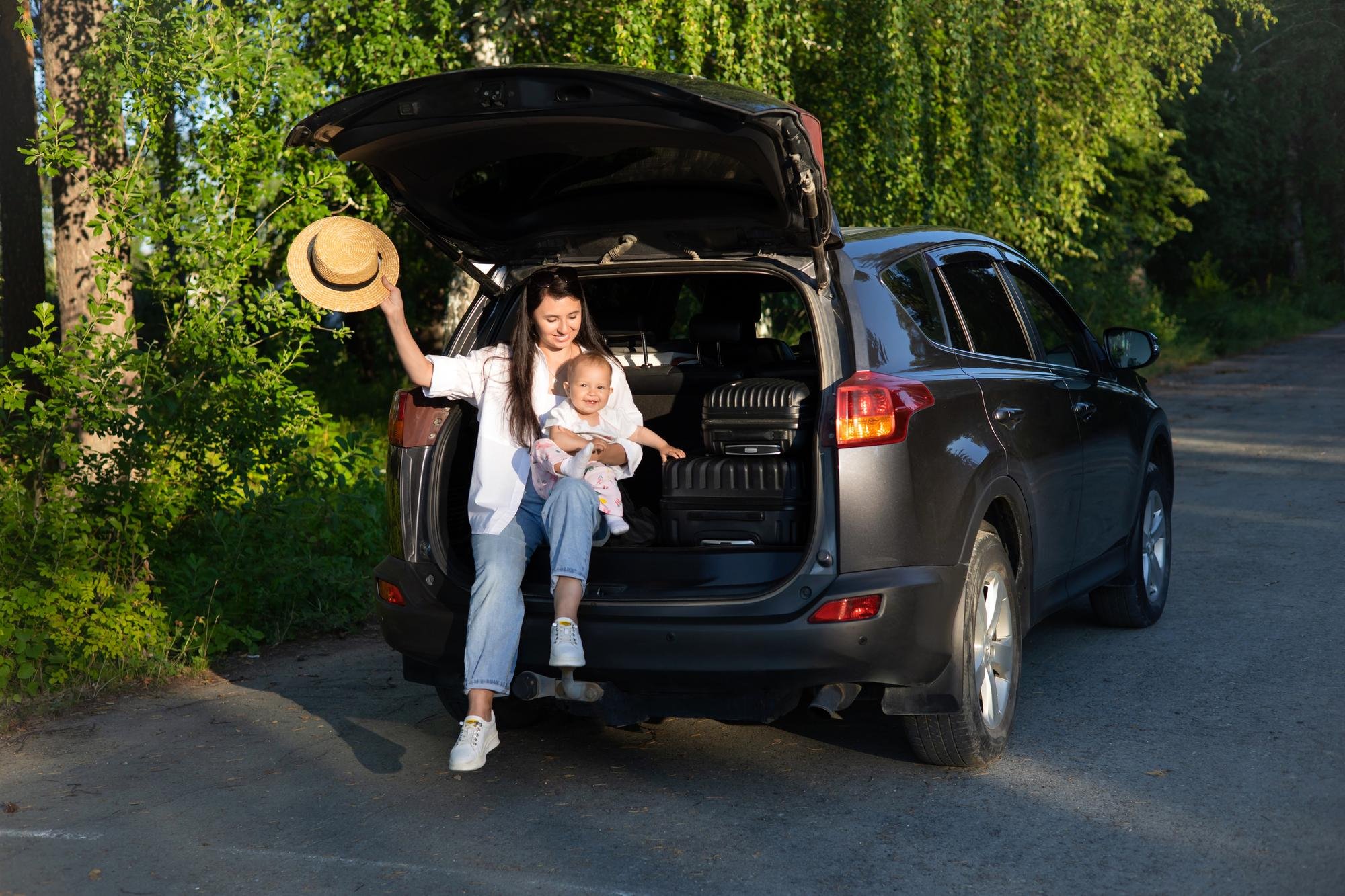In today’s digital age, our reliance on mobile networks has increased exponentially. Whether we are streaming our favorite shows, staying connected with work, or using navigation apps while on the road, the importance of a strong 4G signal cannot be overstated. However, one question lingers for many travelers: Can a metal trailer affect your 4G signal strength?
This article dives deep into the relationship between metal trailers and 4G connectivity, examining the science behind signal strength and exploring practical solutions for users.
Table of Contents
ToggleUnderstanding 4G Signal Strength
What is 4G Signal Strength?
4G signal strength is a measure of how well your device can communicate with the nearest cell tower.
This strength is typically represented in decibels (dBm) and can also be displayed as a series of signal bars on your device. A stronger signal generally equates to faster download and upload speeds, but what happens when obstacles come into play?
Factors that Influence 4G Signal Strength
Several factors can impact 4G signal strength, including:
- Distance from the Cell Tower: The farther you are from a cell tower, the weaker your signal will be.
- Physical Obstructions: Buildings, trees, and other structures can block signals, causing drops in strength.
- Atmospheric Conditions: Weather conditions such as rain, fog, and snow can also affect signal clarity.
Understanding these factors is essential when assessing the role of a metal trailer on your 4G connectivity.
The Role of Metal in Signal Transmission
How Metal Impacts Wireless Signals
Metal can significantly impede wireless signals. When a signal encounters metal, it can be reflected or absorbed rather than transmitted effectively.
This interaction depends on various factors such as the type of metal and its thickness. For instance, steel is known for its high signal absorption properties, which can cause considerable disruption to 4G connectivity.
Comparison of Metal and Non-Metal Trailers
When comparing metal and non-metal trailers, the difference in signal reception capabilities is striking.
- Metal Trailers: Often constructed from heavy materials like steel, these trailers are prone to signal loss due to their dense structure.
- Non-Metal Trailers: Trailers made from materials like aluminum or composite materials typically allow for better signal transmission, providing clearer connectivity.
This distinction can greatly impact your mobile experience on the road.
Case Studies: Metal Trailers and 4G Signal
Real-Life Examples
Many users have reported varying experiences with 4G signal strength while using metal trailers. For instance, RV owners traveling through remote areas often find that their connection drops significantly when inside their metal trailers, especially compared to those in non-metal counterparts.
Experimental Studies
Several studies have examined the influence of metal structures on wireless signals. One experimental study found that when using a metal trailer, users experienced up to a 50% reduction in signal strength compared to when using a non-metal trailer. These findings highlight the potential challenges faced by mobile users in metal trailers.
Solutions to Mitigate Signal Loss
How to Improve Signal Strength in Metal Trailers
If you own a metal trailer and are grappling with poor 4G connectivity, don’t despair. There are several effective strategies to enhance your signal strength:
- Use of Signal Boosters: These devices can amplify existing signals, providing a stronger connection within your trailer.
- Positioning of Antennas: Experiment with the placement of your antennas to find the optimal position for signal reception.
- Alternative Materials for Trailers: If you are considering purchasing a new trailer, look for options constructed from materials that are less likely to hinder signal transmission.
Practical Tips for Users
To maintain optimal signal strength while using a metal trailer, consider these best practices:
- Stay Updated with Provider Coverage Maps: Knowing the areas with stronger signals can help you plan your travels better.
- Reduce Interference: Keep electronic devices that may cause interference away from your mobile device and antennas.
- Regular Maintenance: Ensure your equipment is in good condition, as damaged cables or connectors can degrade your signal.
Conclusion
In summary, metal trailers can indeed affect your 4G signal strength. Factors such as the type of metal, distance from cell towers, and physical obstructions all play a role in determining signal quality.
By utilizing signal boosters, correctly positioning antennas, and considering alternative trailer materials, you can enhance your connectivity while on the road.
As technology continues to evolve, staying informed and adapting to changes will ensure that you maintain a strong connection wherever you go.
If you have experienced issues or have solutions for improving signal strength in metal trailers, we encourage you to share your thoughts and insights in the comments below. Let’s foster a community of informed mobile users!









